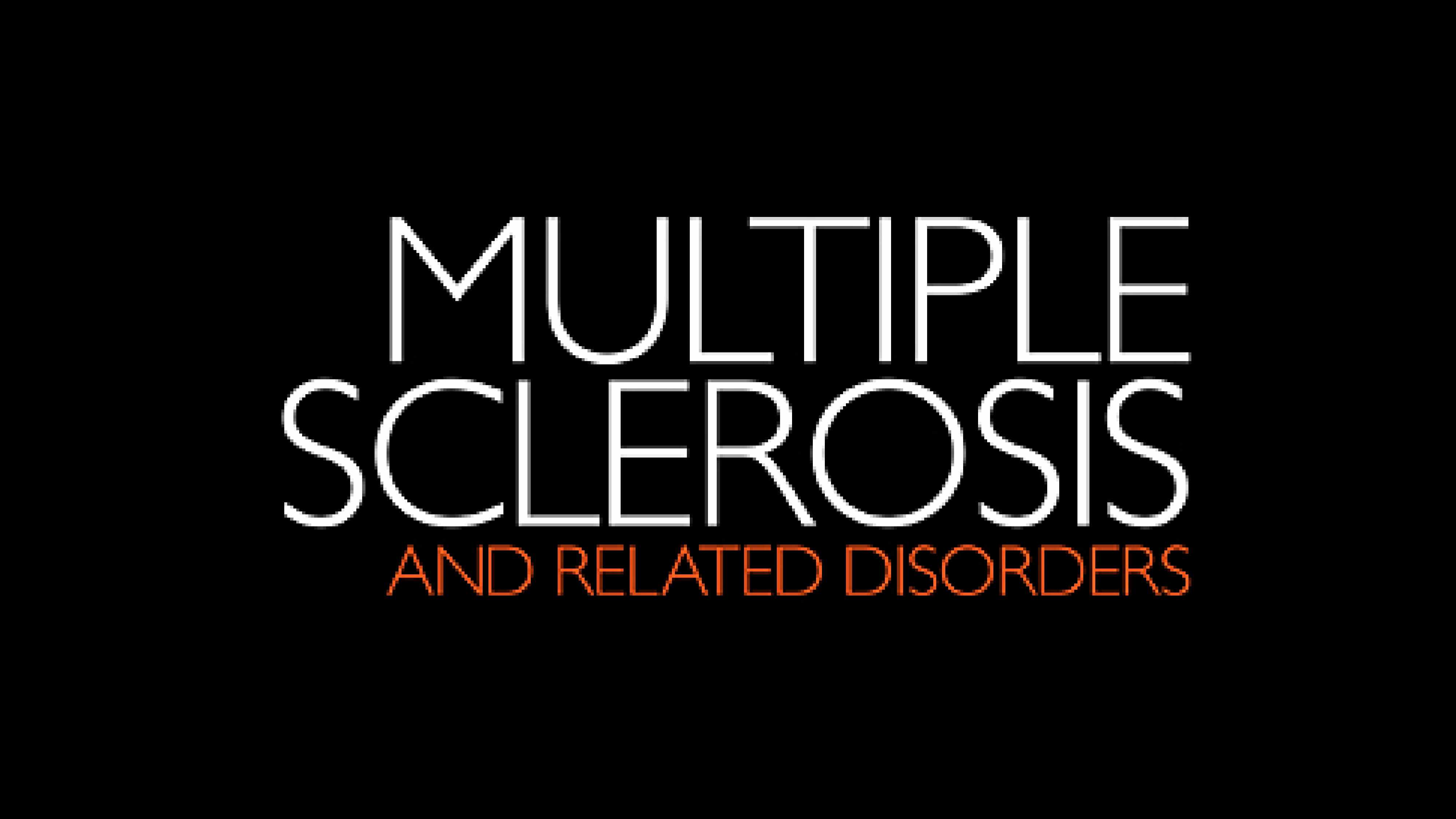
Cognitive rehabilitation outcomes in patients with Multiple sclerosis: Preliminary data about the potential role of personality traits
17 Febbraio 2022
Background: Multiple Sclerosis (MS) can be associated with … Cognitive rehabilitation outcomes in patients with Multiple sclerosis: Preliminary data about the potential role of personality traits
Background: Multiple Sclerosis (MS) can be associated with personality changes. Personality traits affect the cognitive functions, mood, and psychological well-being of people with MS and their families.
Objective: The aim of this study was to evaluate whether personality traits might be predictors of cognitive recovery in people with MS. Methods. Thirty-one patients with a diagnosis of MS were enrolled in this study. Each participant was evaluated by a neuropsychologist before (T0) and after the end of the rehabilitation treatment (T1). The Five-Factor Model (FFM) has been used to describe the basic personality structure by highlighting five personality traits: extroversion, neuroticism, conscientiousness, agreeableness, and openness. The rehabilitation program included conventional physiotherapy, speech therapy, psychological support, cognitive rehabilitation, and nutritional therapy as well as robotic rehabilitation, advanced cognitive rehabilitation, and virtual reality. Logistic regressions are carried out to measure the changes score between T0 and T1.
Results: The results showed that patients had significant improvement in cognitive and behavioral functioning. Here, we considered the relationships between the scores of cognitive and emotional/behavioral domains, the five scales of the BFQ, besides the psychiatric symptoms. In particular, the mental quality of life, visuospatial and verbal long-term memory were positively influenced by the agreeableness trait, while depression was negatively affected by this trait.
Conclusion: Our data suggest that personality traits could influence cognitive and behavioral recovery in patients with MS.

